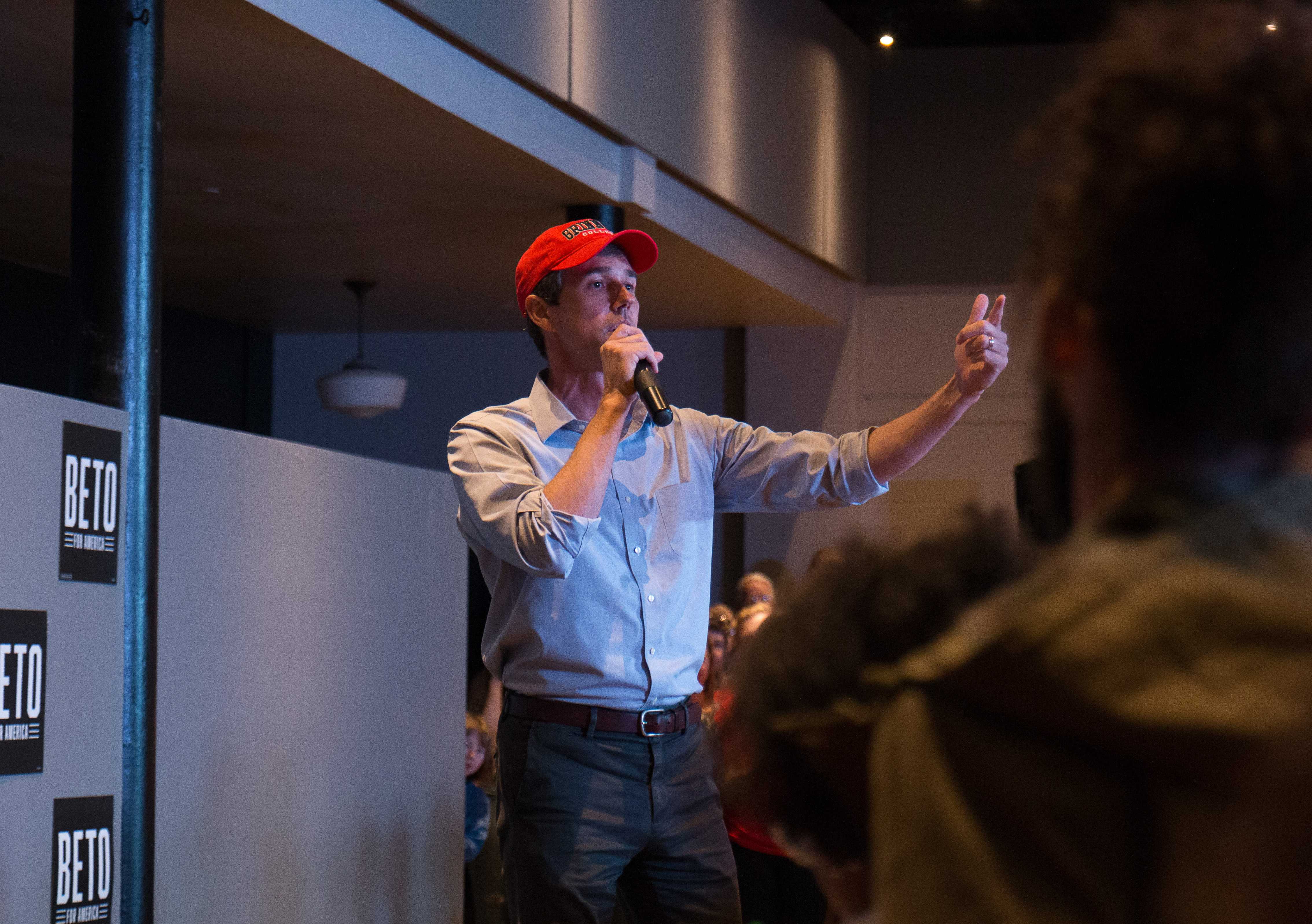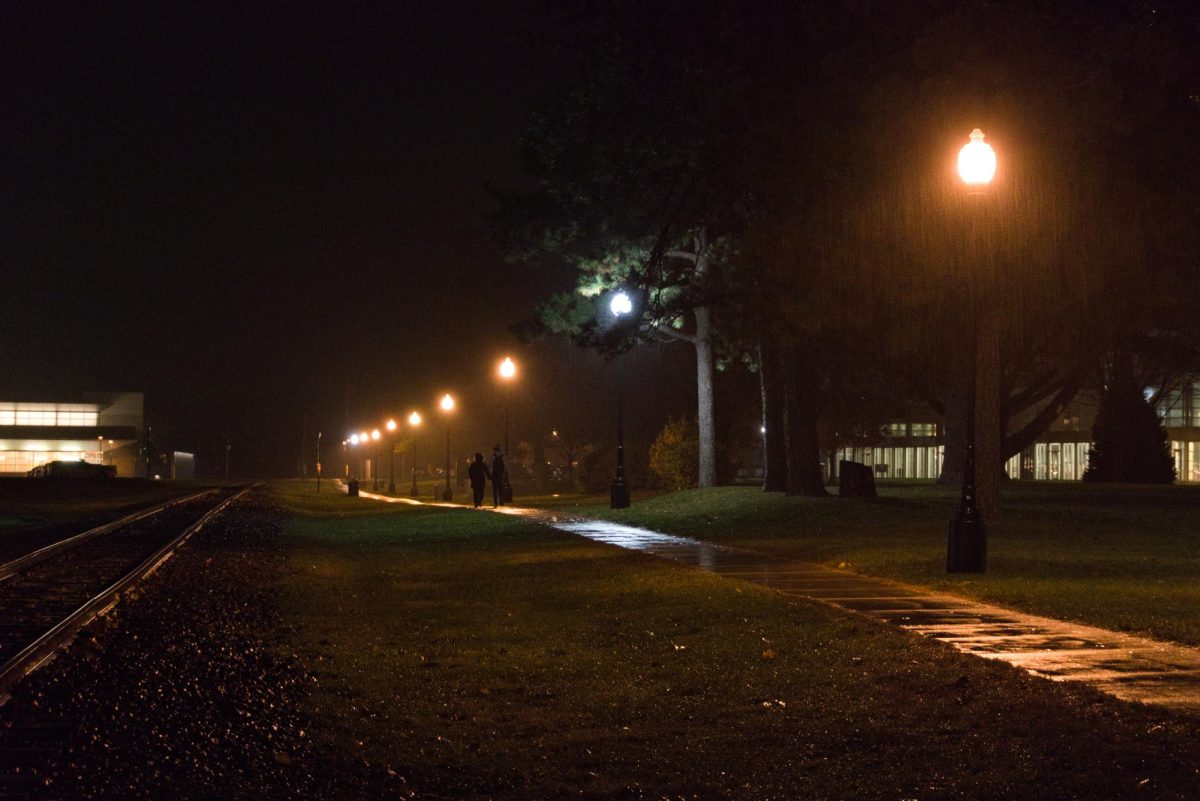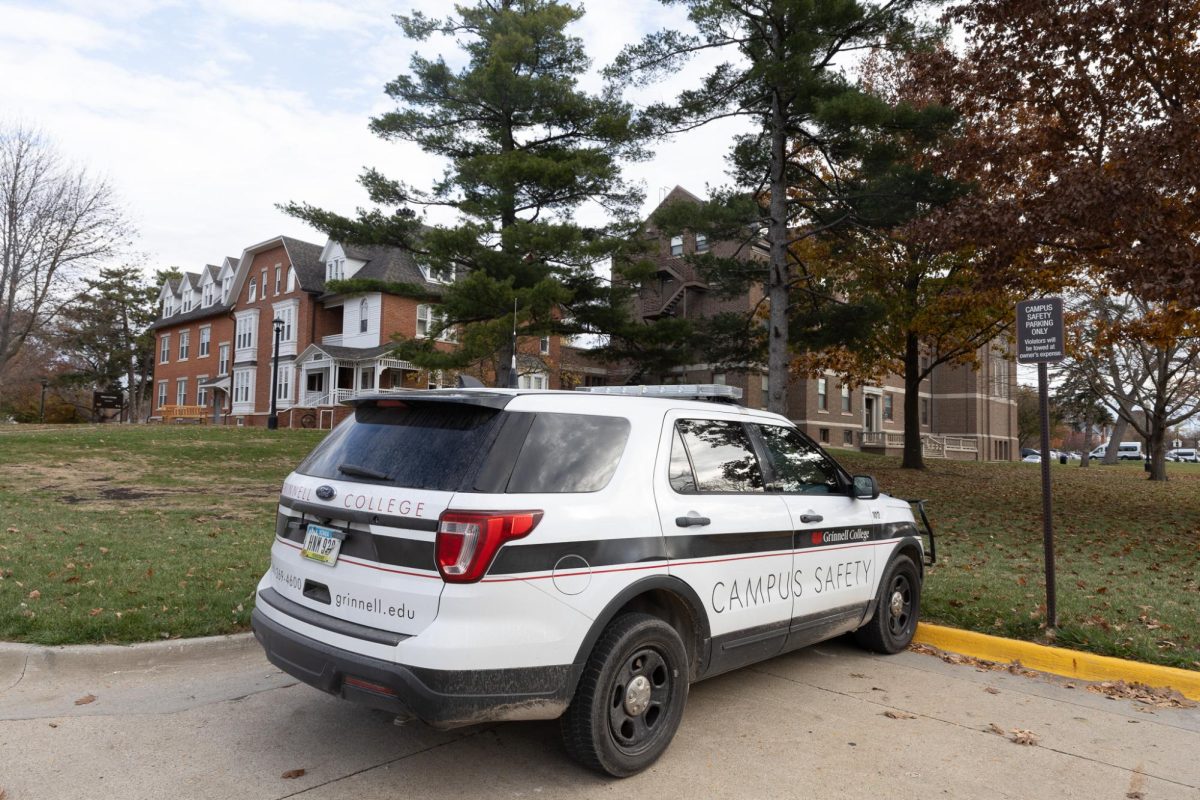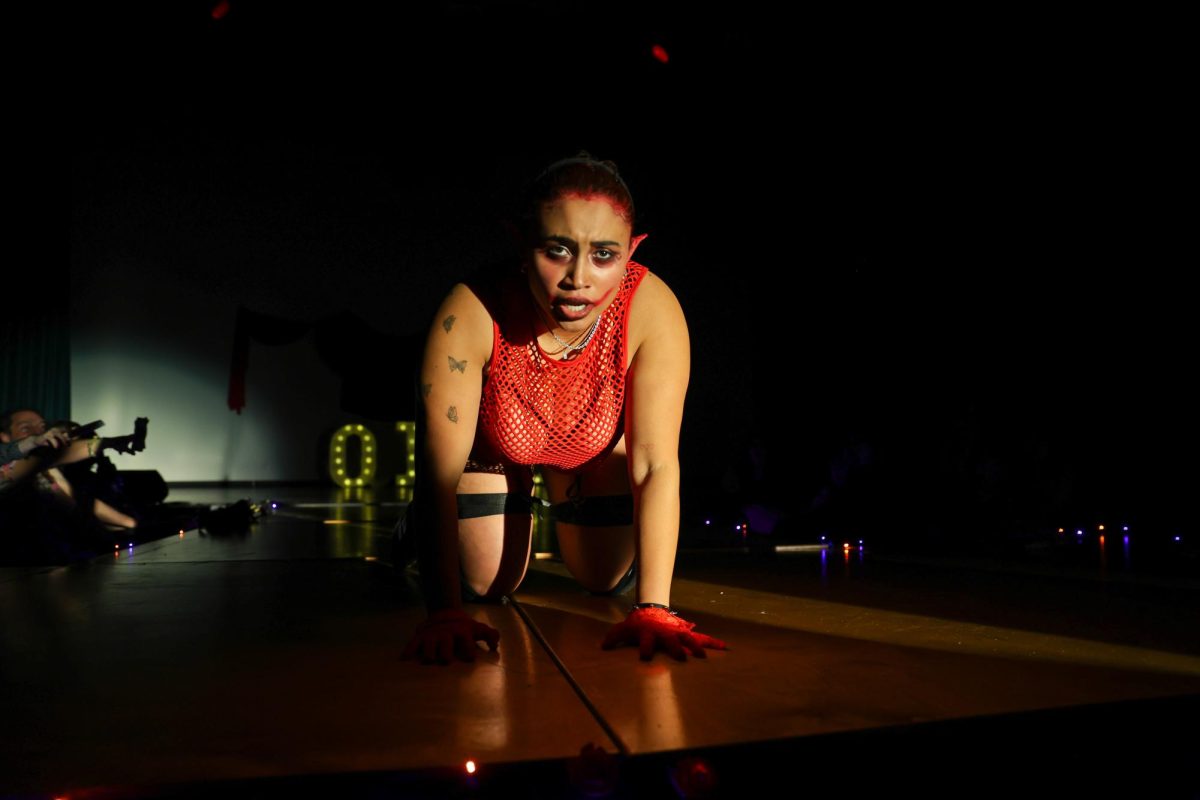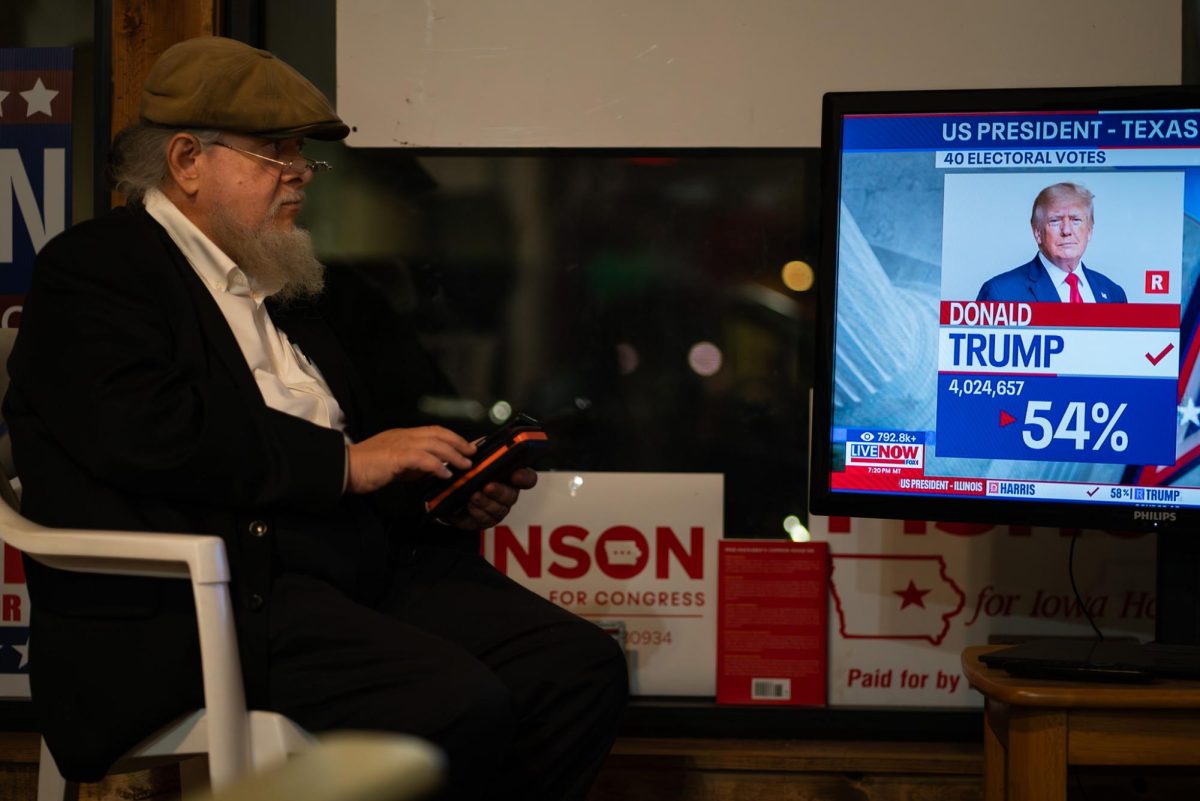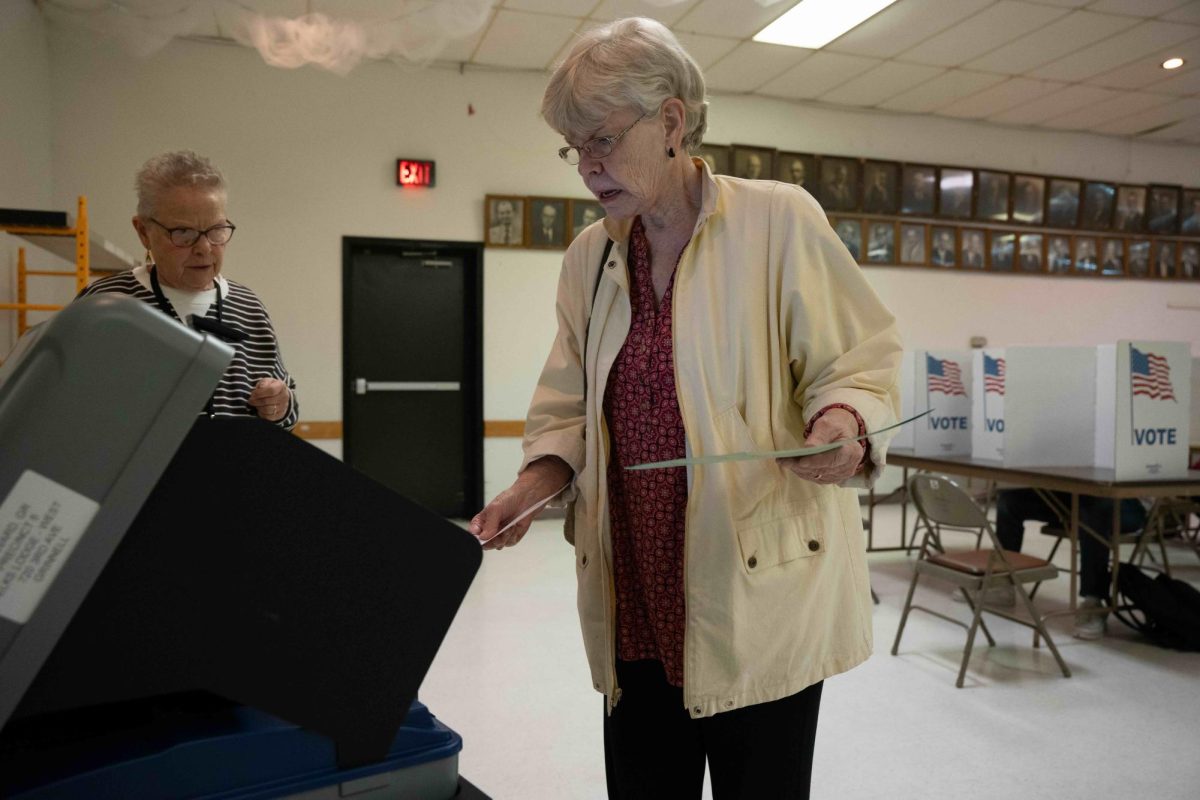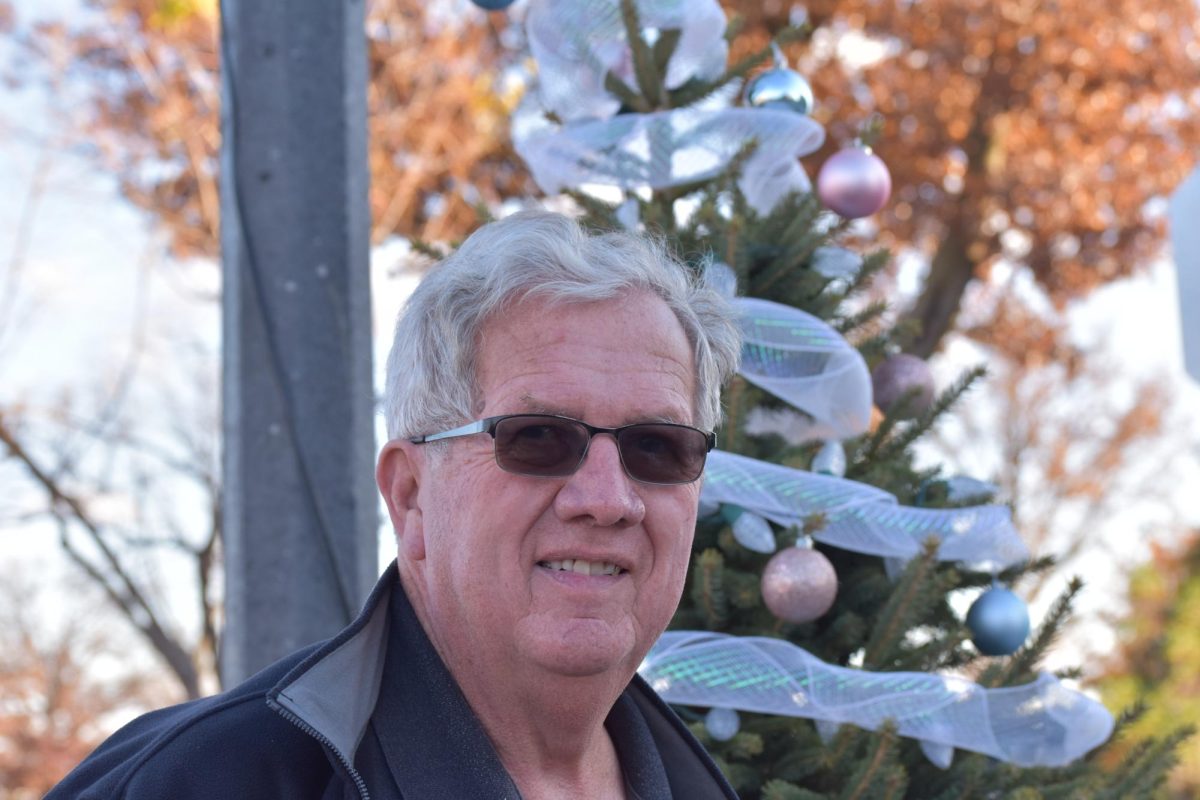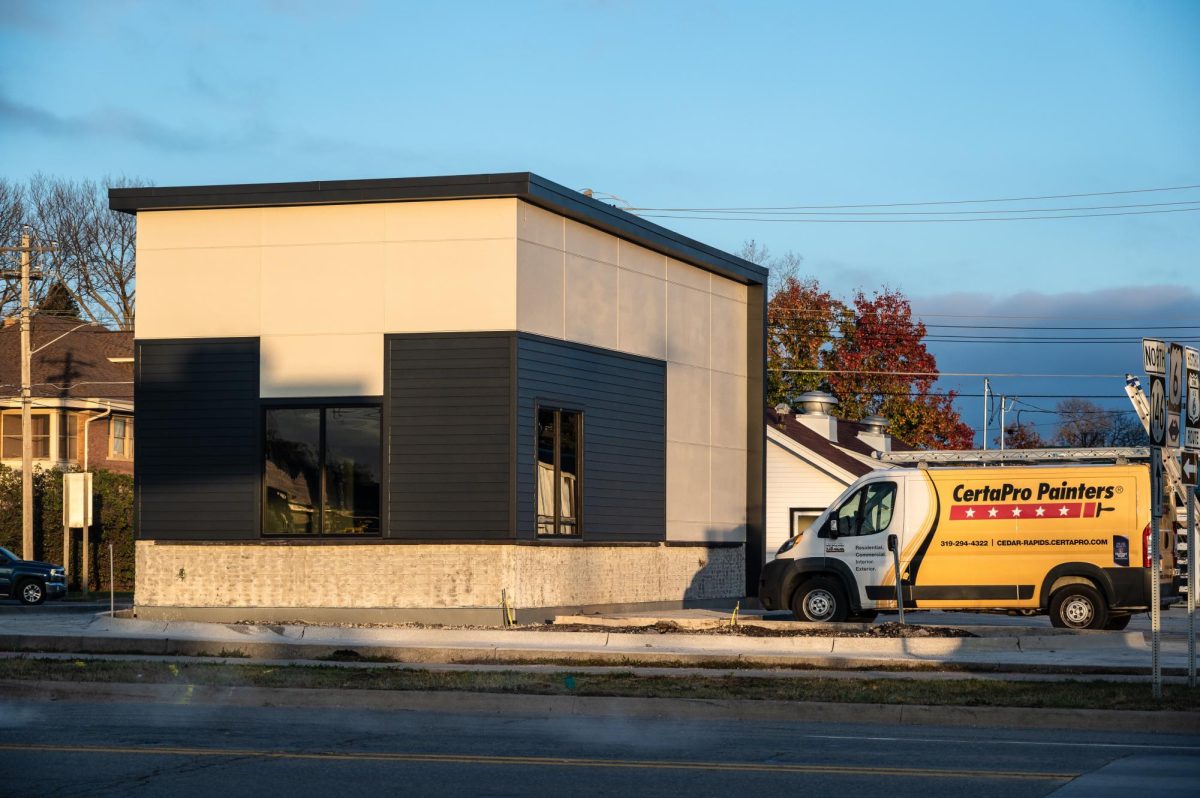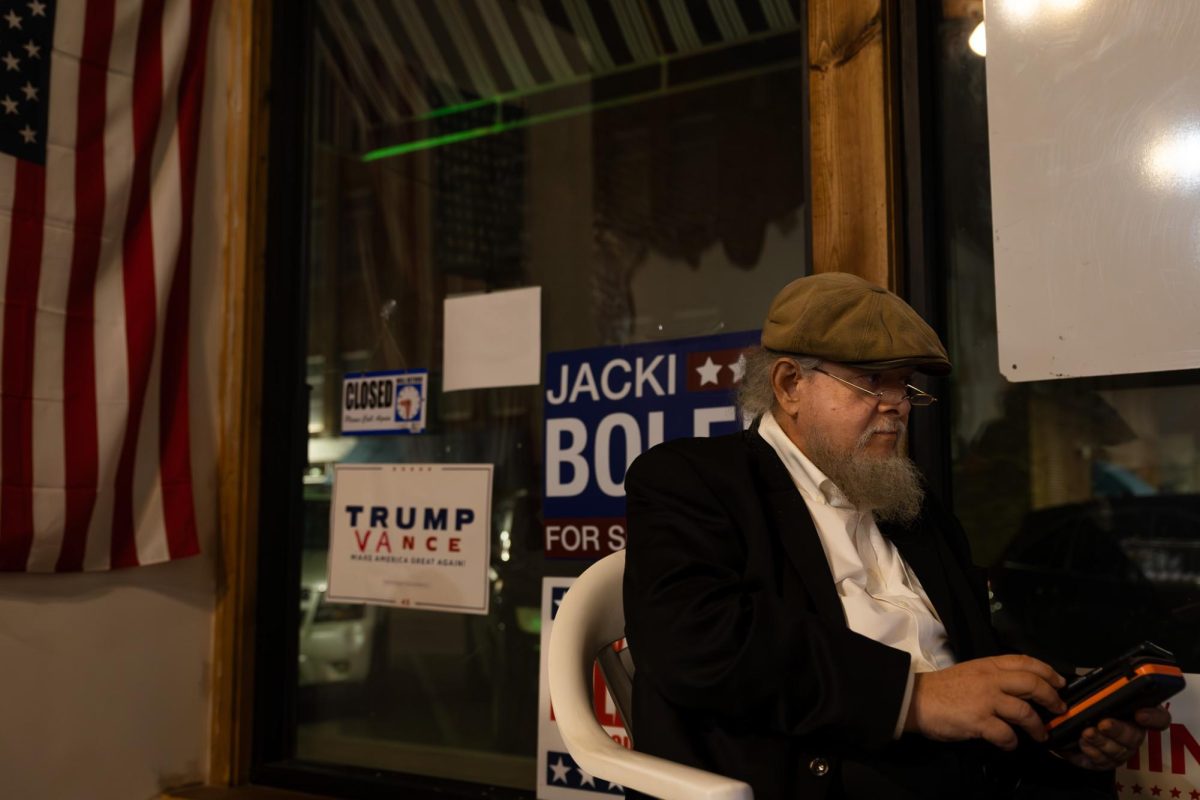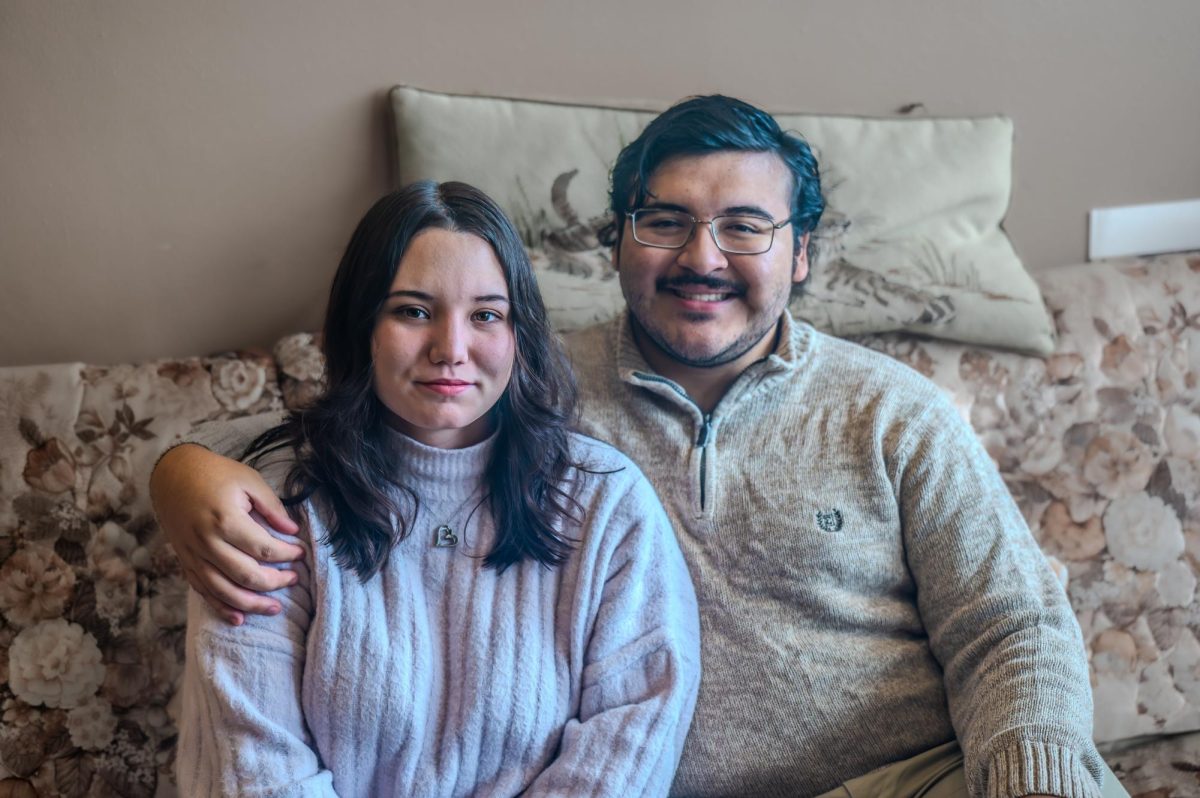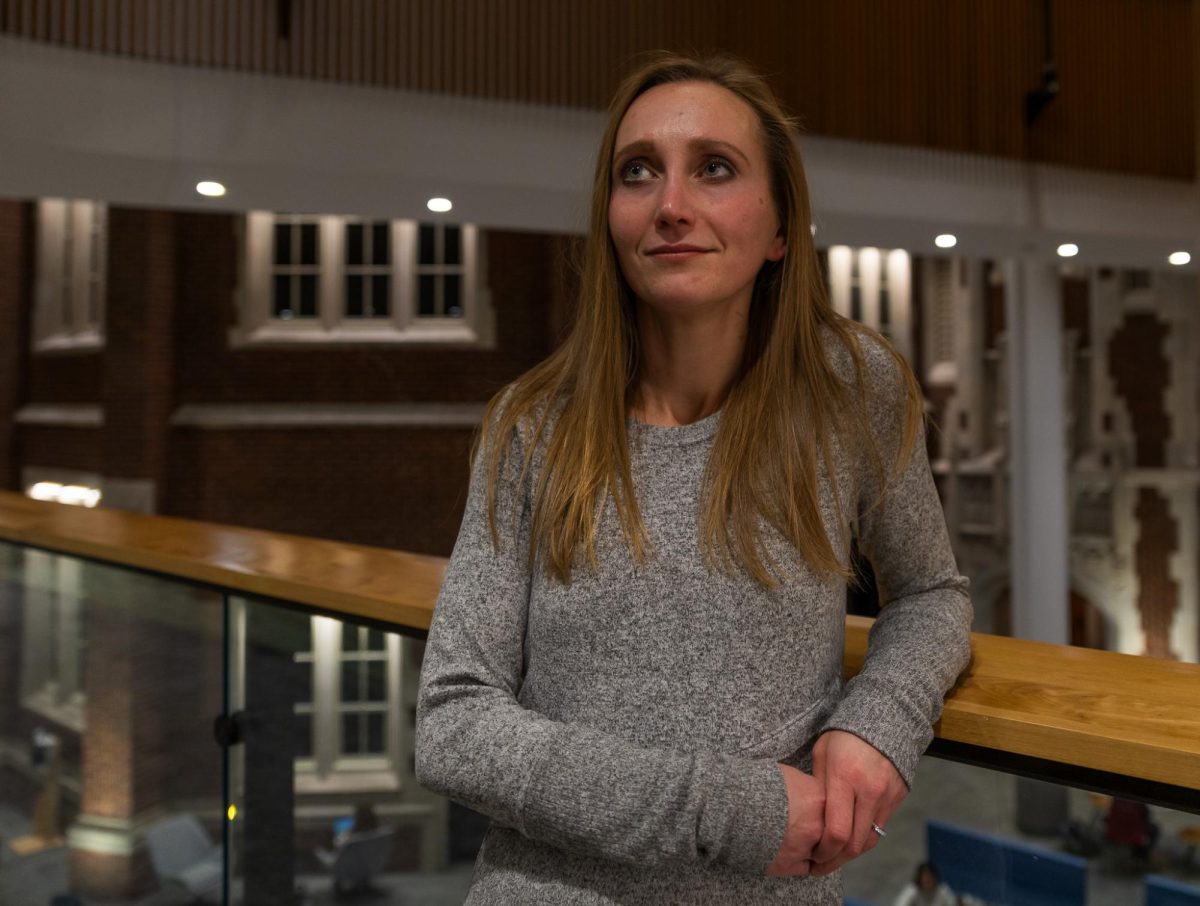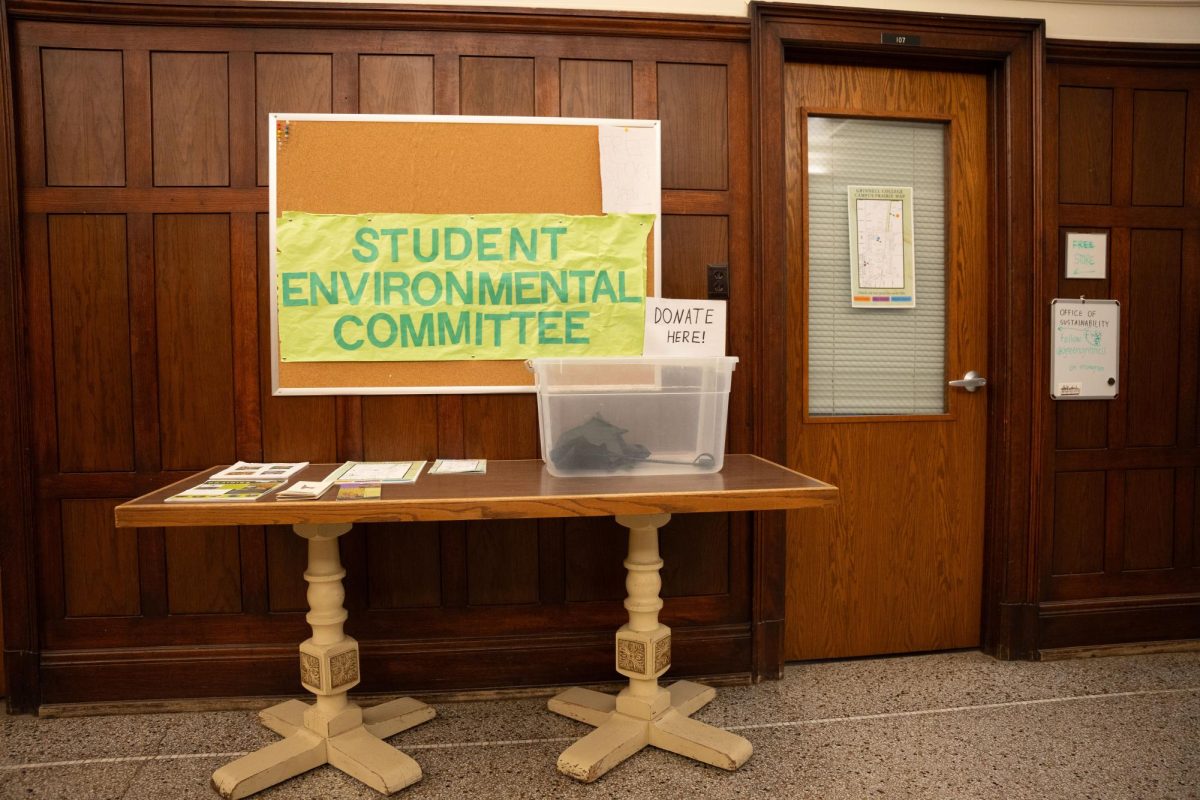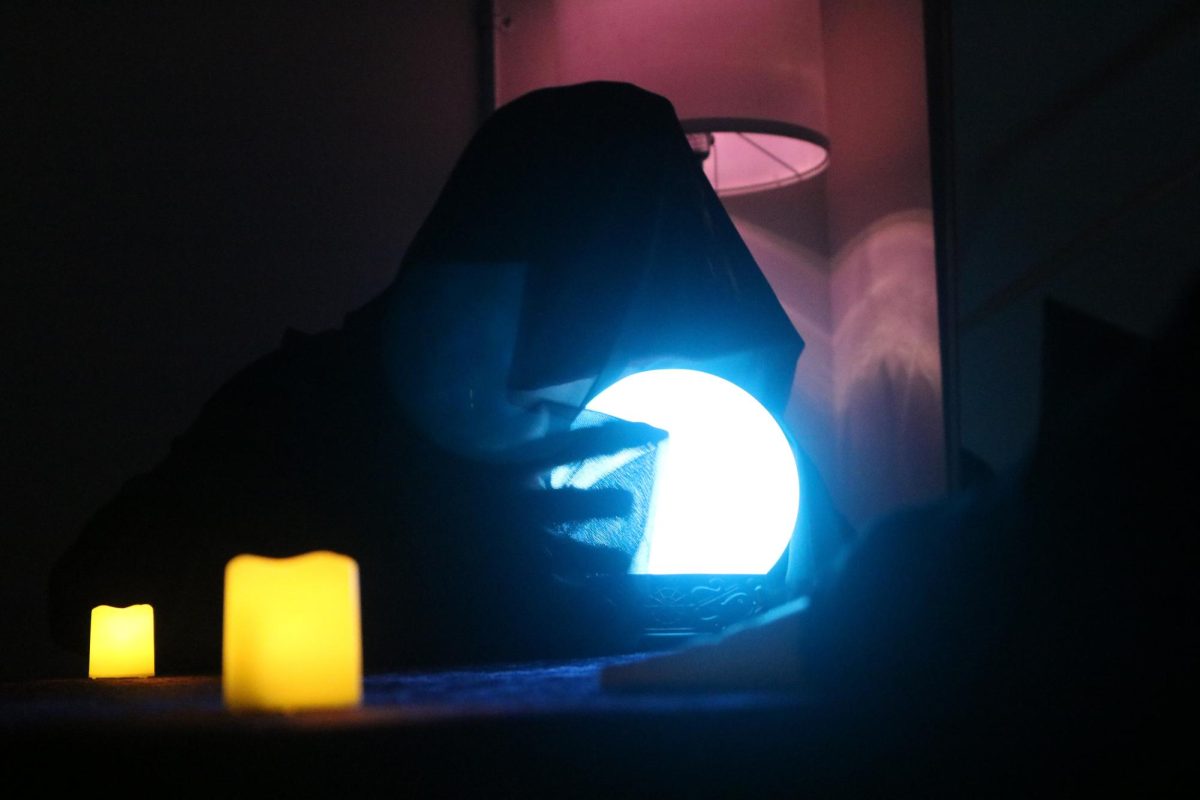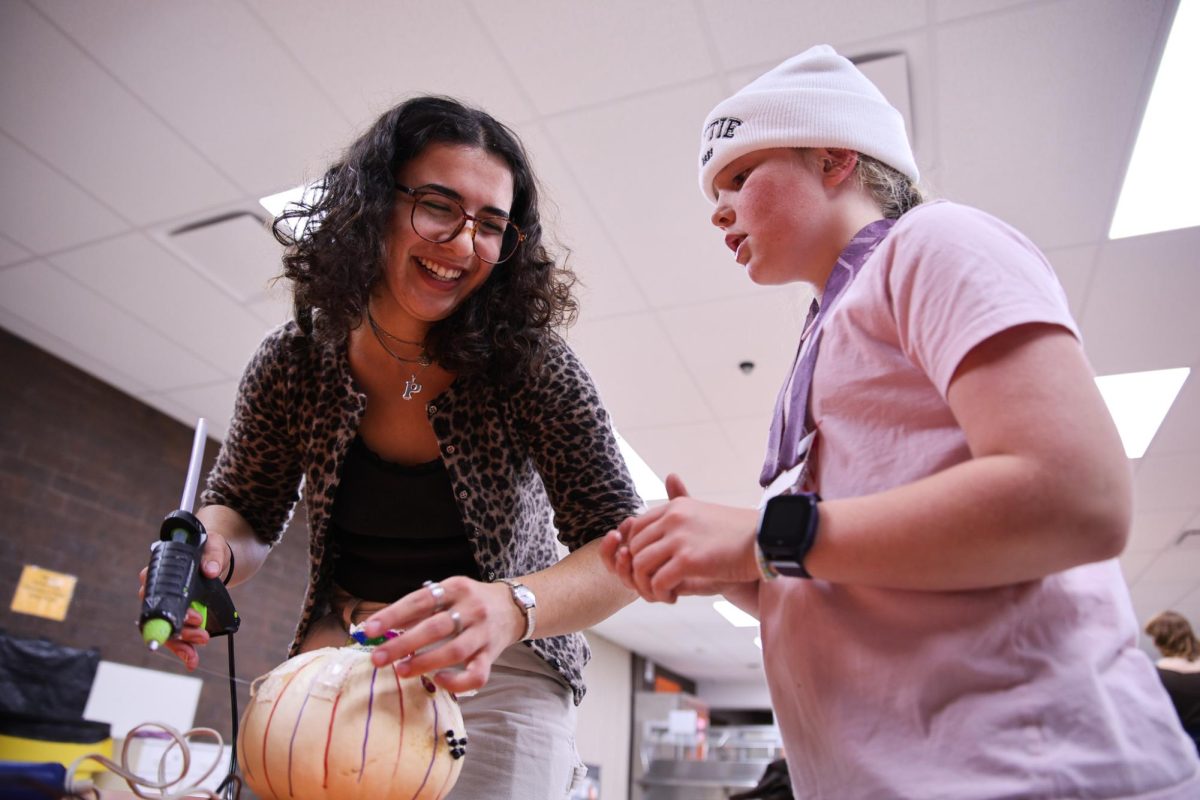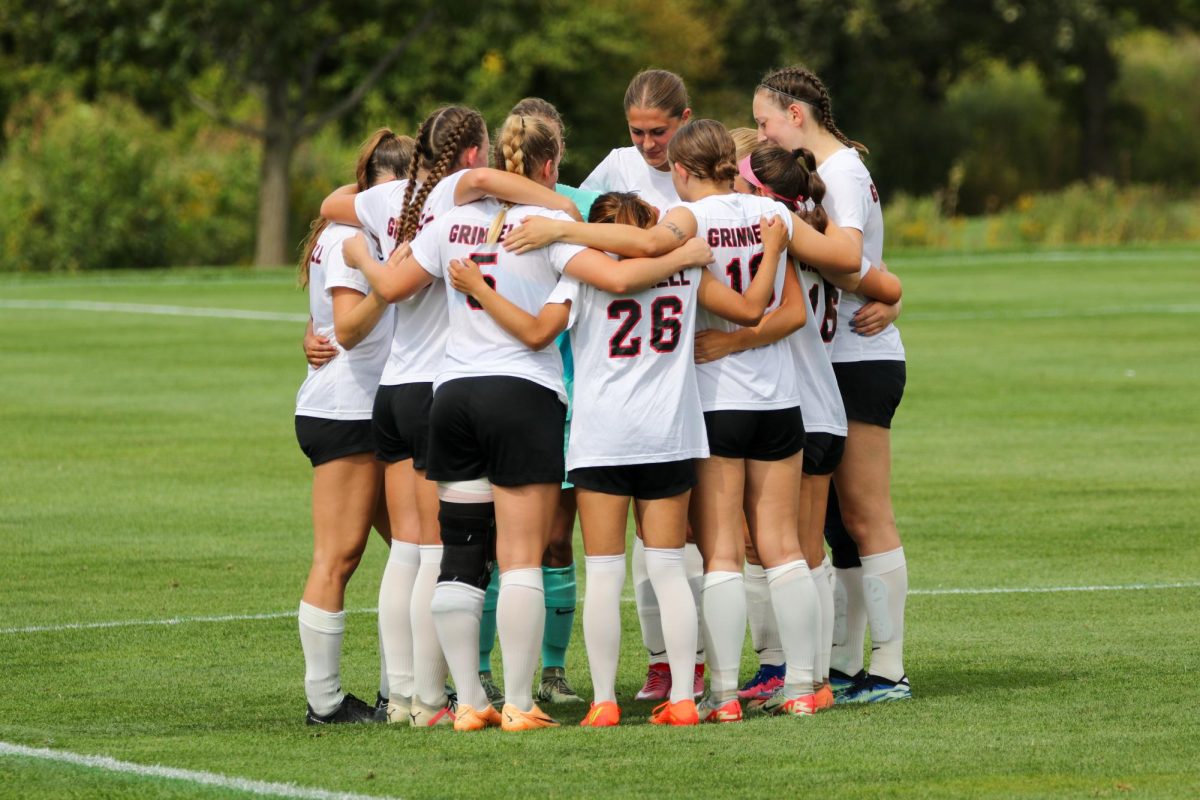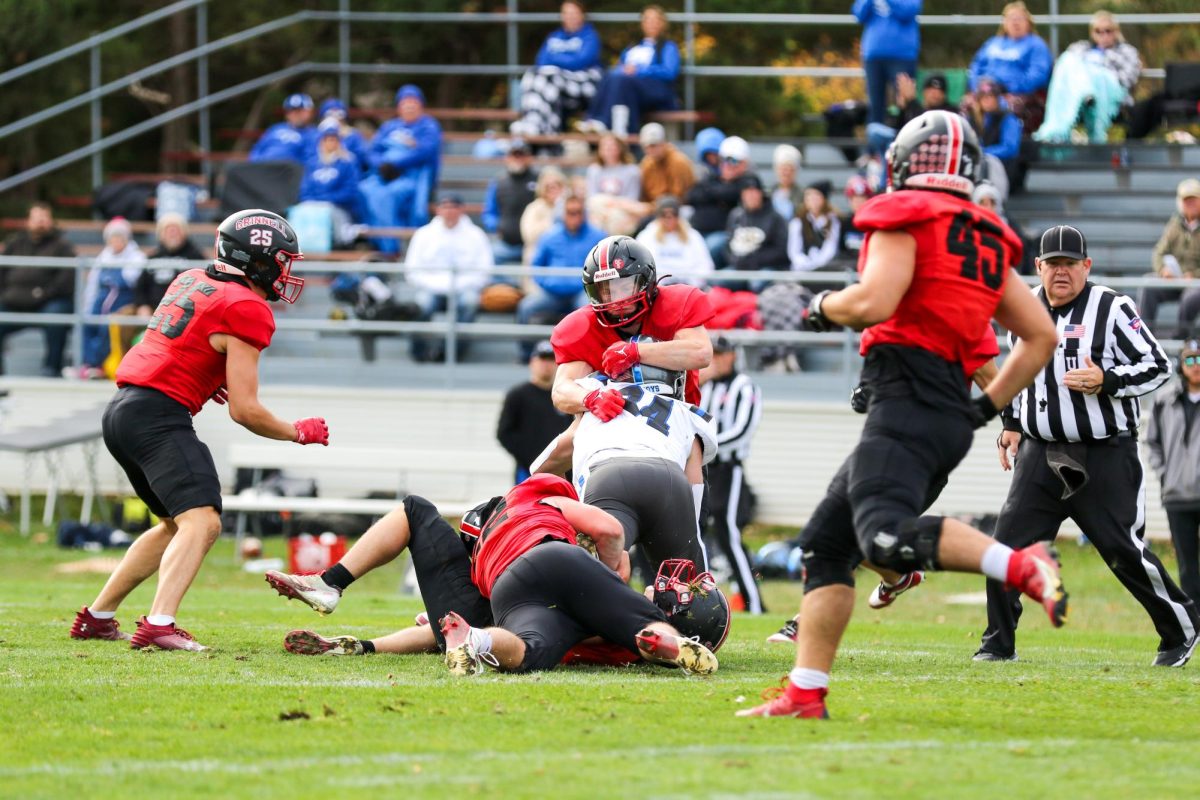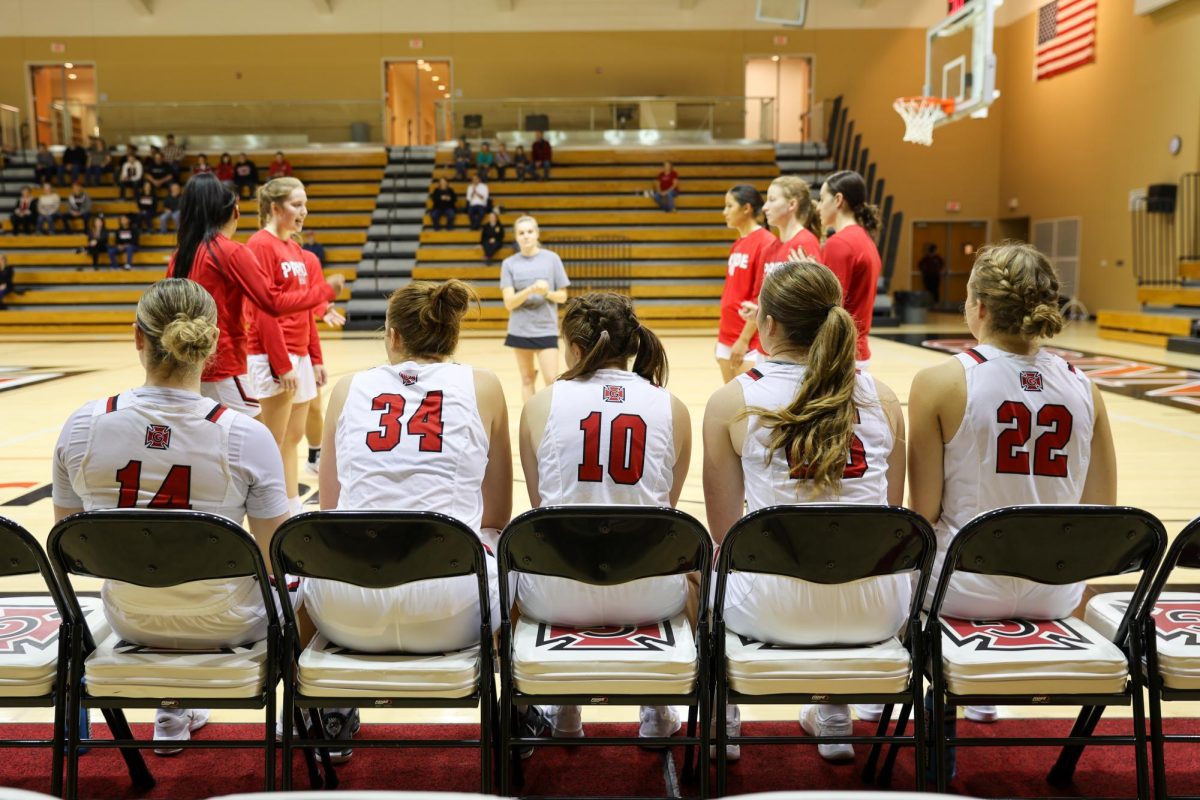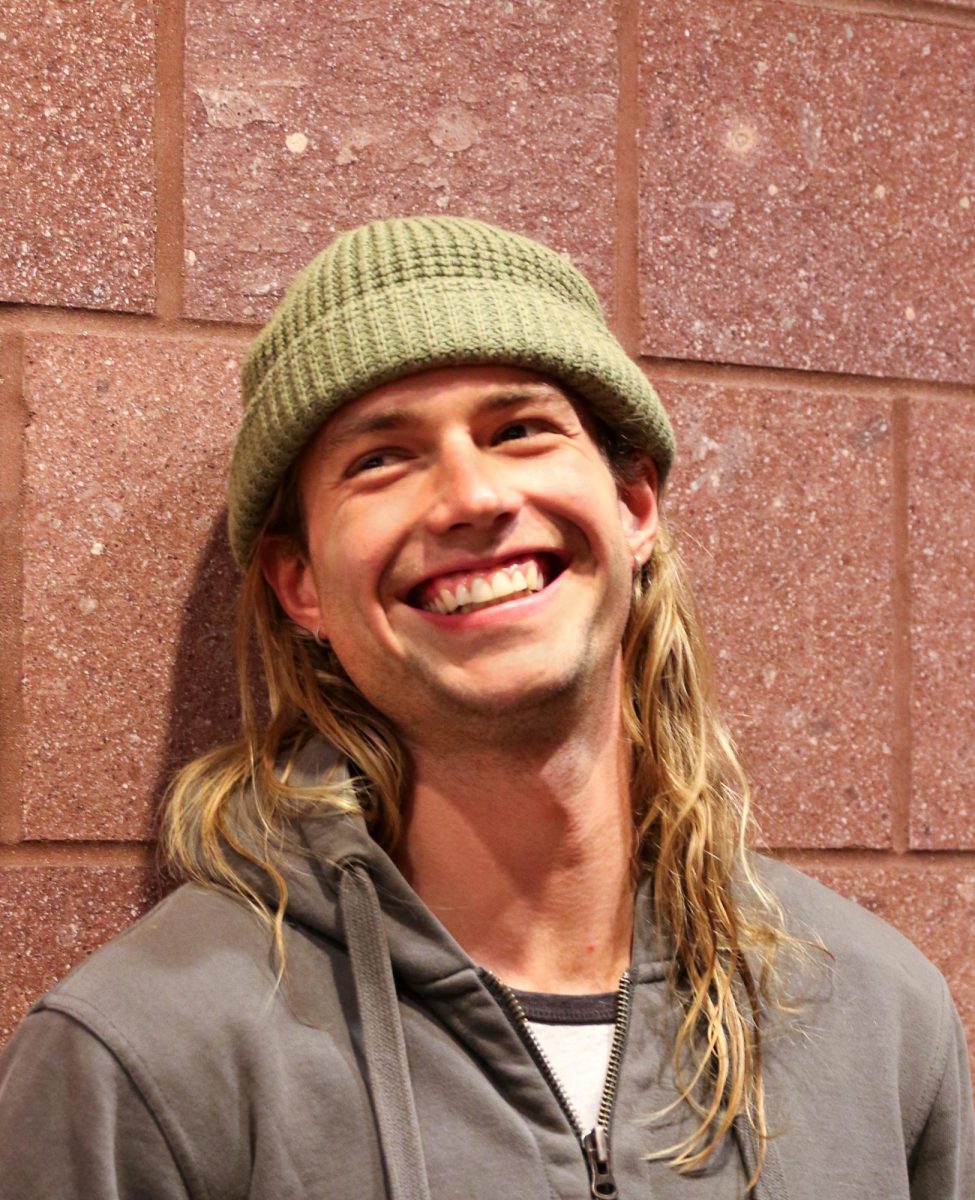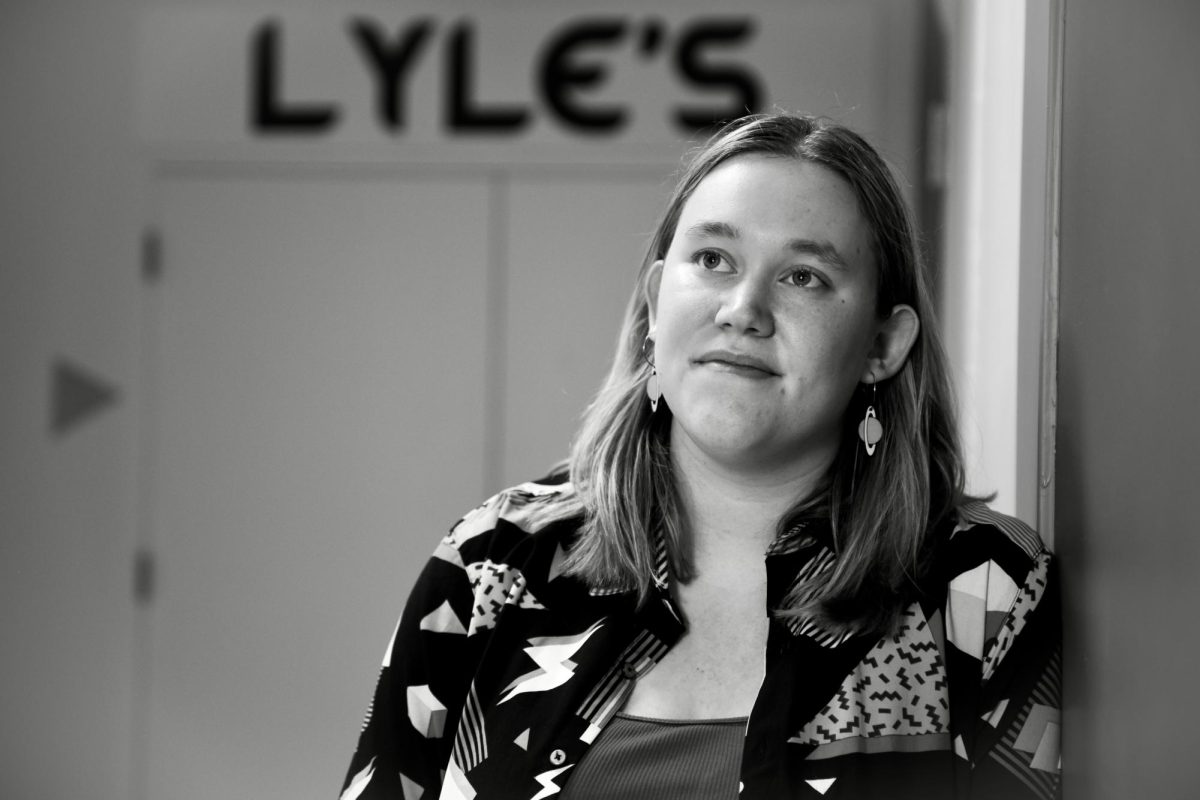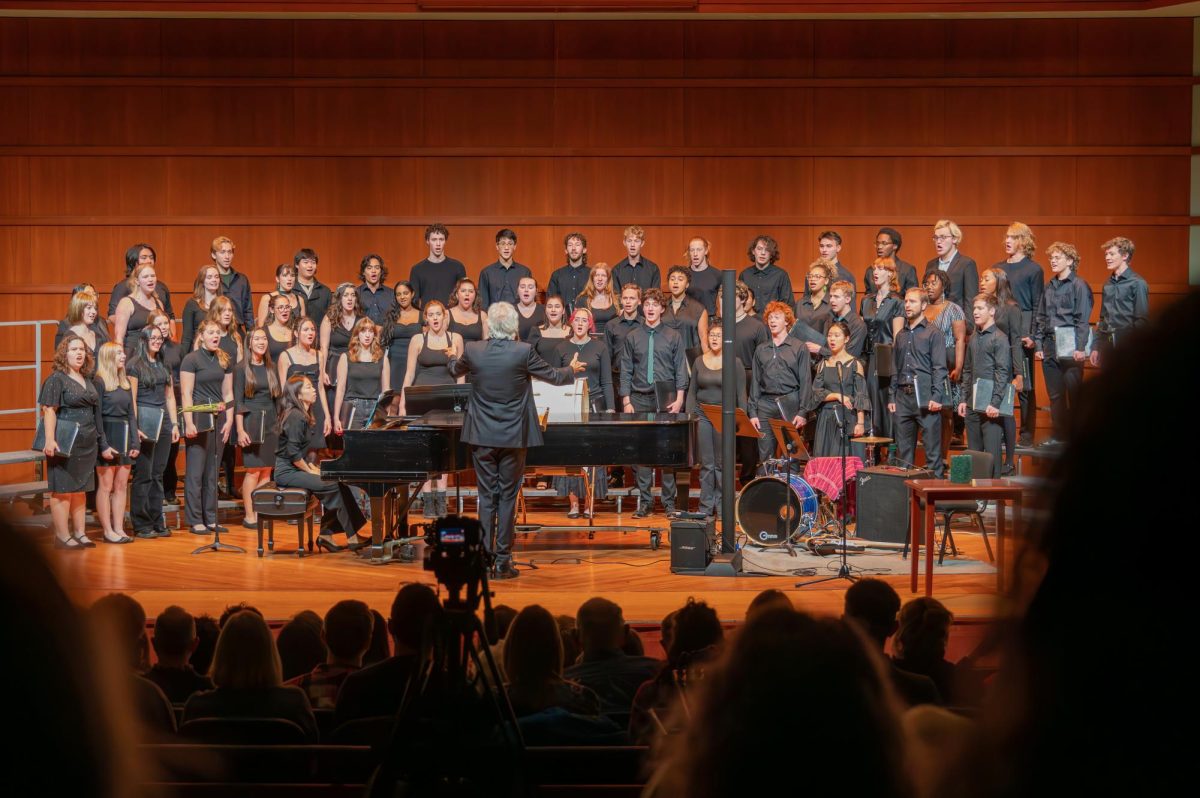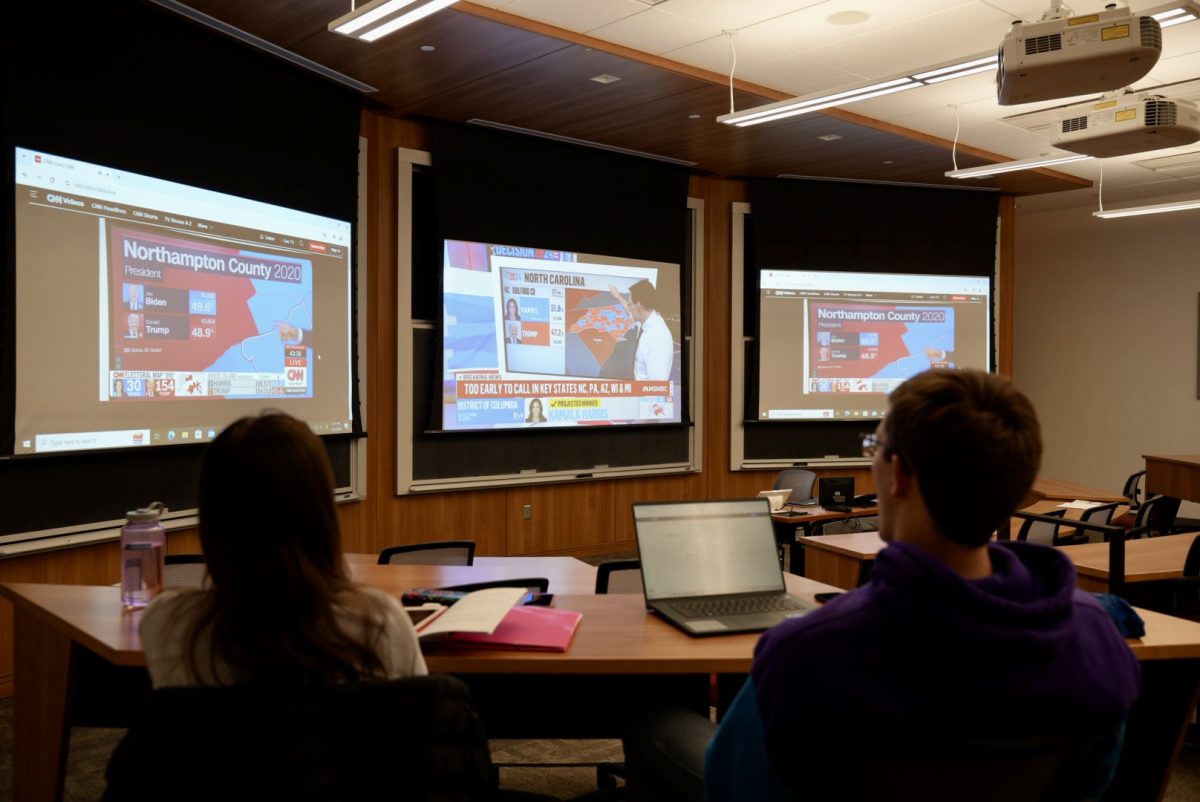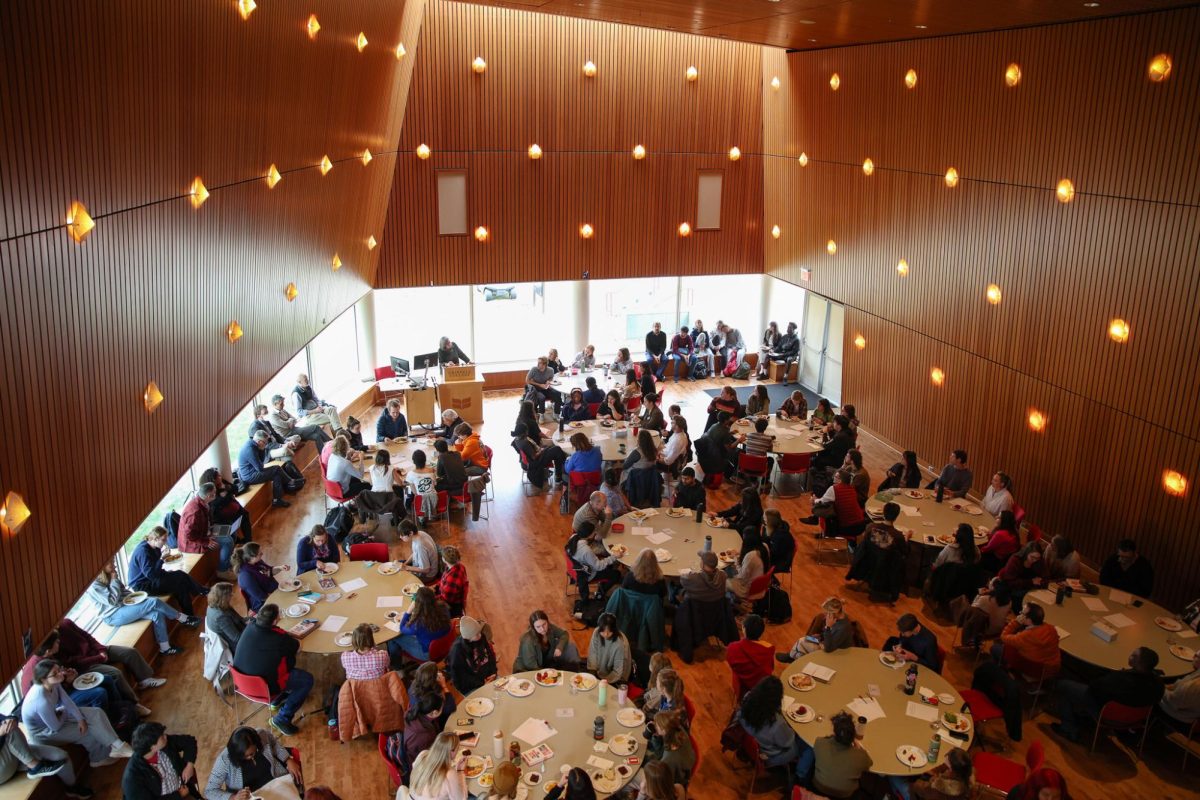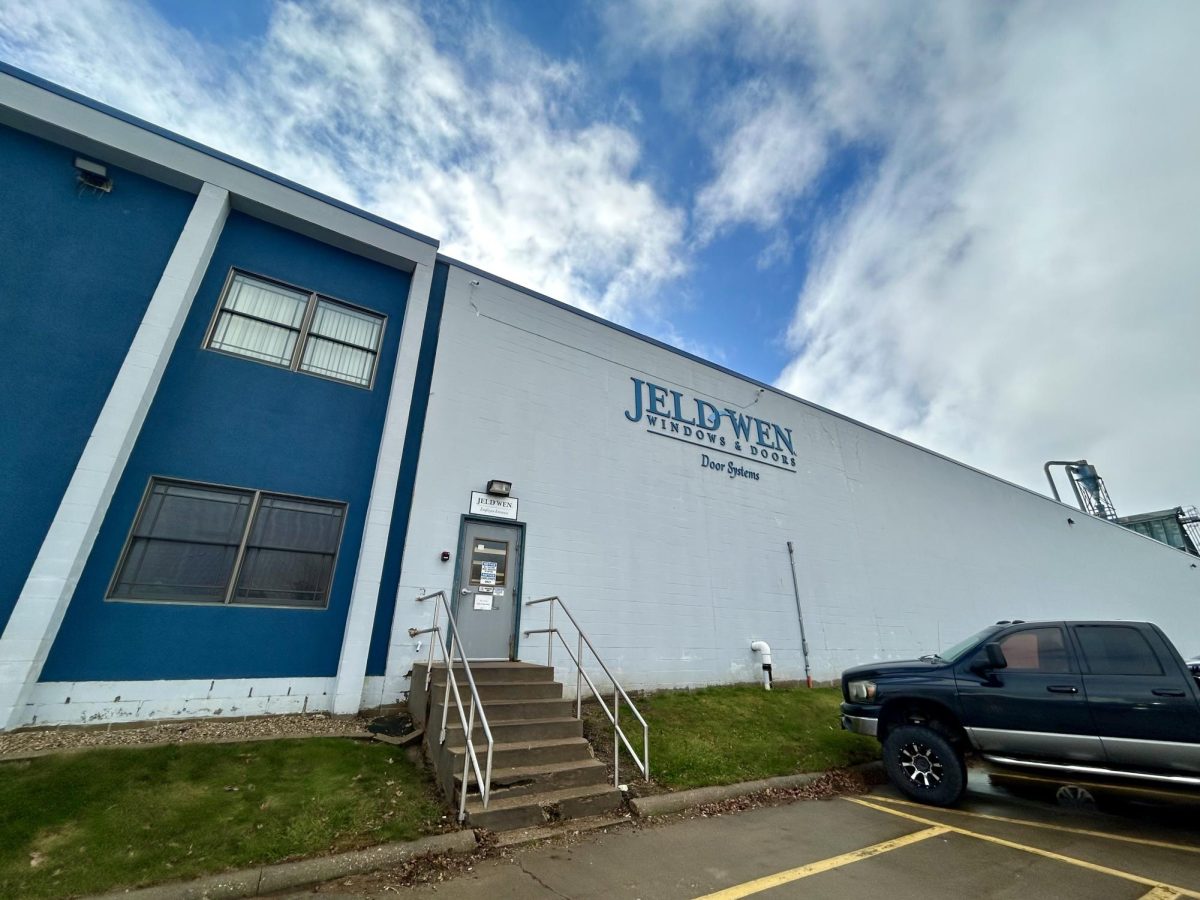Beto O’Rourke bounded onto a stage at Hotel Grinnell, wearing a red Grinnell College baseball cap, and made his Poweshiek County debut as a presidential candidate.
“Thank you … to each of you, for taking some time out of your Friday evening to spend it with us … to welcome a stranger from far west Texas,” he said to the crowd, which the campaign estimated to be approximately 450 people.
O’Rourke, a former three-term U.S. Representative from Texas, officially announced his candidacy in March. He first burst onto the national scene during his losing campaign against Texas Senator Ted Cruz, becoming known for his road trips across the state (streamed on Instagram Live) and his prolific fundraising. While he did lose, he came closer than anyone expected in deep-red Texas, stoking expectations for a presidential run.
In Grinnell, O’Rourke made a case for himself as a unifying candidate who could bring together Republicans and Democrats. He highlighted some of his top issues, including immigration, healthcare and climate change, arguing that to solve such “existential threats” it would require a concerted effort from both parties, not one or the other.
In an interview with The S&B, O’Rourke emphasized the need to bring people together. “I write no one off for voting for President Trump. I reward nobody for voting for Secretary Clinton. All of us are Americans, and I really want us to act that way, treat each other accordingly, campaign in that fashion, and then bring the country together,” he said.
That message of unity resonated with many Grinnellians. Daisy Hernandez ’21 said she liked this approach. “Not using our differences to pick us apart and instead try to bring us all together, because at the end we all want what’s best for the United States. … I think that’s a good approach that he’s taking,” she said.
Yet, O’Rourke’s commitment to bipartisanship drew trouble at times. At one point the crowd grew restless during a question about how O’Rourke would help rural Americans, struggling in today’s economy, who had supported Donald Trump in 2016. Cries of protest could be heard from the crowd as the question was asked.
Another consistent concern was O’Rourke’s more moderate policies, especially in a field that is consistently leaning to the left. He stopped short of calling for universal healthcare, instead advocating for a policy that would give Americans the choice to enroll in Medicare while not eliminating private insurance. He was also skeptical of free college for all, arguing it could reduce the competitiveness of small, private colleges like Grinnell.
In response to a question about his lack of progressive bona fides, O’Rourke said to The S&B the issues that he’s advocating for that he sees as in line with progressive principles, like the Green New Deal and giving DACA recipients, or “dreamers,” citizenship. But ultimately, he said, it will be up to the voters.“I guess it is in the eye of the beholder. You decide where I am on the political spectrum.”
O’Rourke also faced questions on the visa system, climate change policy, and intervention in South America, among others.
Malcolm Davis ’21 asked O’Rourke how he would make America safer for people of color, specifically regarding issues of gun violence and police use of force. O’Rourke called for “military style weapons” to be banned and argued that the police have been able to escape accountability by virtue of a flawed, racist system, but after the event, Davis told The S&B he wasn’t entirely satisfied by O’Rourke’s answers.
“I feel like his understanding of the role cops should play in our society is still antiquated. … No matter how we punish racist cops, it’s not going to matter until we stop having racist cops. But I understand. It’s a difficult concept as well to battle with.”
Davis was also skeptical of O’Rourke’s qualifications. “Who is he to say that he is more qualified than the women, than the people of color, more established politicians, who are more far left?”
For many, that skepticism extends to O’Rourke’s perceived lack of policy expertise. Ruby Romero ’21 wanted O’Rourke to be more specific when talking about his plans. “He’s giving a lot of this is what I want to do, but not enough of how are you going to do it,” said Romero.
Others, however, were more interested in O’Rourke’s ideas and approach than his policies. “It takes more than any policy. It takes more than any practical thing you can do as a politician. It takes some higher understanding of the way the world works,” said Tommy Hexter ’21.
“I think there is so much disillusionment about how our political system is supposed to work. We’re so focused on disagreeing with each other that we miss the chance to agree. I liked Beto’s answer [to that]. I hope we can harvest some of that energy,” Hexter said.
